Hello, pet enthusiasts! 🦃
Turkeys might not be the first animal that comes to mind when thinking of pets, but these charismatic birds have been kept as companions for centuries—long before they became the centerpiece of holiday dinners. With their bold personalities, surprising intelligence, and striking appearances, turkeys can make fascinating (if unconventional) pets for the right owner.
In this detailed review, we’ll explore everything you need to know about keeping turkeys as pets—from their temperament and daily care to their dietary needs and legal considerations. Whether you’re a hobby farmer, a bird lover, or simply curious about these feathered dinosaurs, this guide will help you decide if a turkey is the right addition to your home.
Overview
Turkeys (Meleagris gallopavo) are large, social birds originally native to North America. Domesticated turkeys are descendants of wild turkeys but have been selectively bred for size and temperament. Here’s a quick summary of what makes them unique as pets:
- Handling and Temperament: Can be friendly but may be territorial; not ideal for frequent handling.
- Care and Maintenance: Requires spacious outdoor housing, predator-proofing, and regular feeding.
- Health and Durability: Prone to certain diseases but can live up to 10 years with proper care.
- Availability: Easily found seasonally as poults (baby turkeys) or adults from farms and breeders.
- Cost: Affordable to purchase but requires investment in housing and feed.
Overall: A rewarding but high-maintenance pet best suited for those with space and experience in poultry care.
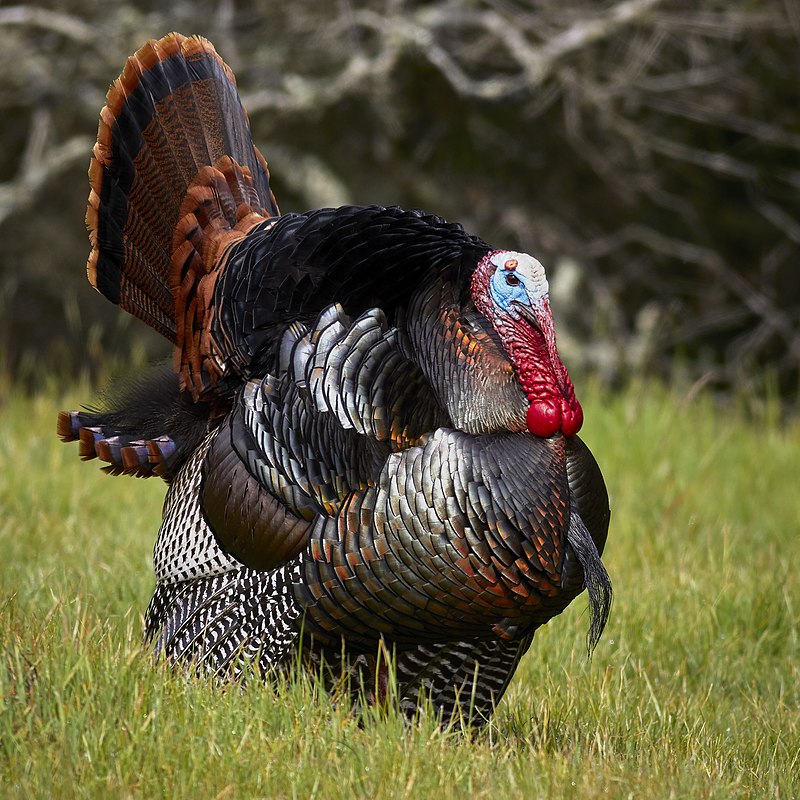
Why Choose a Turkey as a Pet?
Turkeys are intelligent, social, and full of personality—qualities that make them more than just livestock. They form bonds with their owners, display curiosity, and can even learn to recognize their names. However, they are not low-maintenance pets and require dedicated care, making them better suited for rural or suburban settings rather than urban living.
Who Should Get a Turkey?
✔ Farmers or homesteaders looking for pest control (they eat insects and weeds).
✔ Bird enthusiasts who enjoy interactive, large poultry.
✔ Families with space willing to commit to long-term care.
Who Should Avoid a Turkey?
✖ Apartment dwellers (they need outdoor space).
✖ First-time bird owners (they require more care than chickens).
✖ Those seeking a cuddly pet (turkeys tolerate handling but don’t love being held).
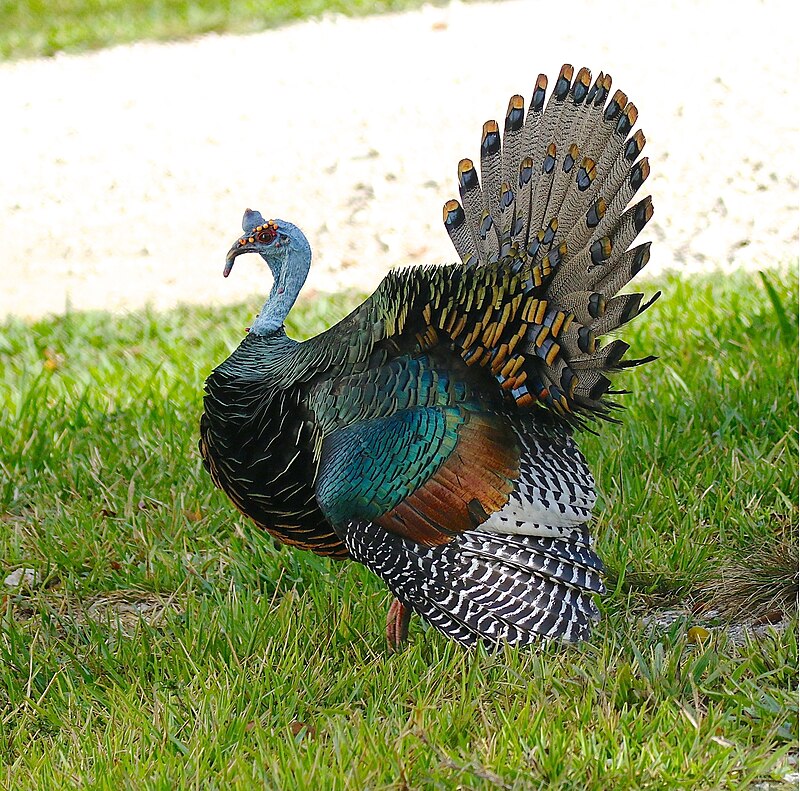
Handling and Temperament
Turkeys have distinct personalities, ranging from docile and friendly to bold and territorial. Their behavior depends on breeding, socialization, and individual temperament.
Personality Variations
- Friendly Turkeys: Some, especially hand-raised poults, become very attached to their owners and will follow them around.
- Territorial Males (Toms): Adult males may display aggression during breeding season, fluffing feathers and charging.
- Curious & Playful: Many turkeys enjoy exploring, pecking at shiny objects, and interacting with their environment.
Handling Tips
- Start young: Poults raised with human contact are more docile.
- Avoid sudden movements: Turkeys can be skittish and may panic if startled.
- Watch for aggression: Toms may challenge humans they see as rivals.
- Respect their space: Unlike chickens, turkeys don’t typically enjoy being held.
Do Turkeys Bite?
While they don’t have teeth, turkeys can peck or spur with their claws if threatened. Attacks are rare but possible, especially with poorly socialized birds.
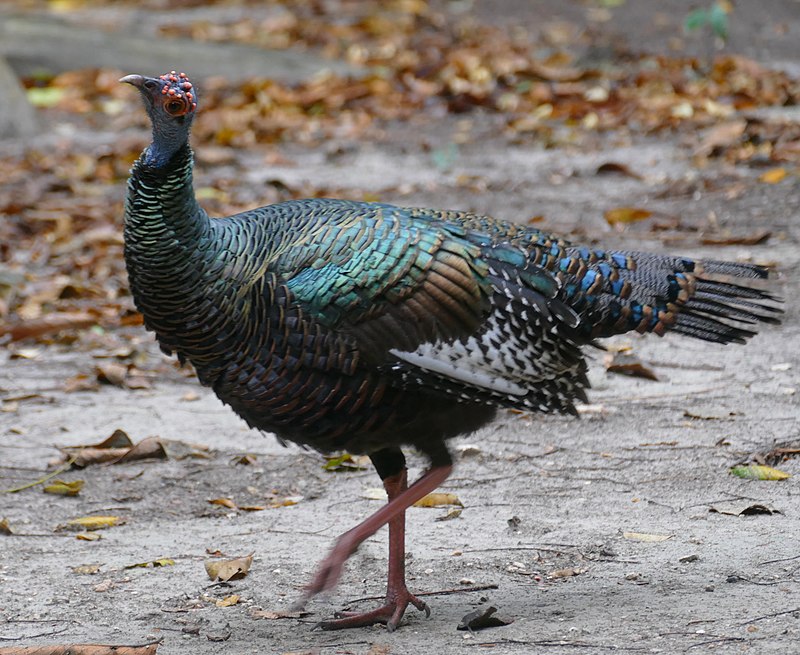
Care and Maintenance
Turkeys require more space and attention than chickens or ducks. Proper housing, diet, and predator protection are essential.
Enclosure Setup
- Space Requirements: At least 25–50 sq ft per bird in a secure run.
- Roosting: Sturdy, wide perches (2×4 planks work well) since turkeys are heavy.
- Predator Protection: Reinforced fencing, locks, and covered runs to deter foxes, raccoons, and hawks.
- Shelter: A dry, draft-free coop (minimum 6 sq ft per bird) with good ventilation.
Humidity & Temperature
- Cold Hardy: Can tolerate freezing temps if sheltered.
- Heat Sensitive: Over 90°F can cause stress—provide shade and cool water.
- Avoid Dampness: Wet conditions lead to respiratory infections.
Feeding
- Poults (0–8 weeks): High-protein starter feed (28% protein).
- Juveniles & Adults: Turkey or game bird feed (20–24% protein).
- Supplements: Fresh greens, insects, and occasional fruit (avoid avocado—toxic!).
- Grit Required: Helps digestion since turkeys don’t chew.
Lighting
- Natural light is best, but supplemental heat lamps may be needed for poults.
- Avoid artificial lighting to manipulate egg-laying (stressful for hens).
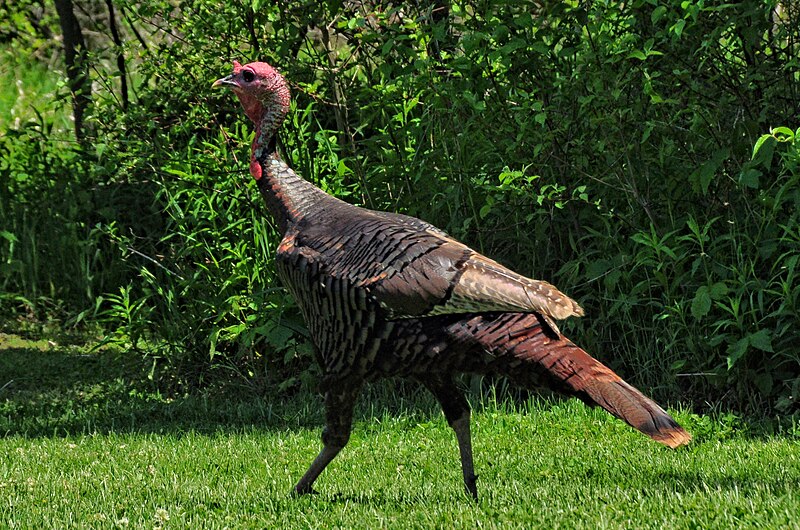
Health and Durability
Turkeys are more fragile than chickens and prone to several health issues.
Common Health Problems
- Blackhead Disease: Fatal parasitic infection (keep turkeys separate from chickens).
- Respiratory Infections: Caused by damp or poorly ventilated housing.
- Leg Issues: Due to rapid growth in commercial breeds (heritage breeds are hardier).
- Worms & Parasites: Regular deworming and clean bedding are essential.
Preventative Care
✔ Quarantine new birds for 30 days.
✔ Provide clean, dry bedding (replace weekly).
✔ Vaccinate if recommended in your area.
✔ Monitor for lethargy, labored breathing, or limping.
Lifespan
- Commercial breeds: 3–5 years (bred for meat, not longevity).
- Heritage breeds: 7–10 years with proper care.
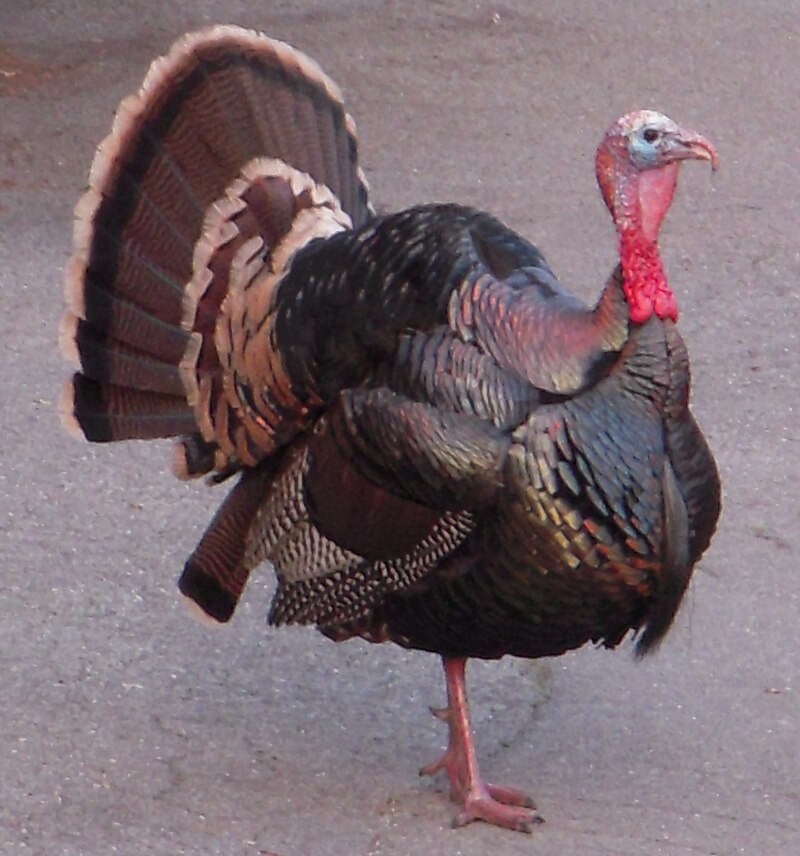
Availability and Cost
Where to Buy
- Hatcheries: Order poults online (seasonal, spring–summer).
- Local Farms: Check Craigslist, feed stores, or poultry swaps.
- Rescues: Some sanctuaries rehome turkeys.
Cost Breakdown
- Poults: $5–$20 each (common breeds like Broad Breasted White).
- Heritage Breeds: $20–$50+ (e.g., Bourbon Red, Royal Palm).
- Setup Costs:
- Coop & Run: $200–$1,000+ (depending on DIY vs. pre-built).
- Feed: $20–$40/month per bird.
- Vet Care: $50–200/year for check-ups and emergencies.
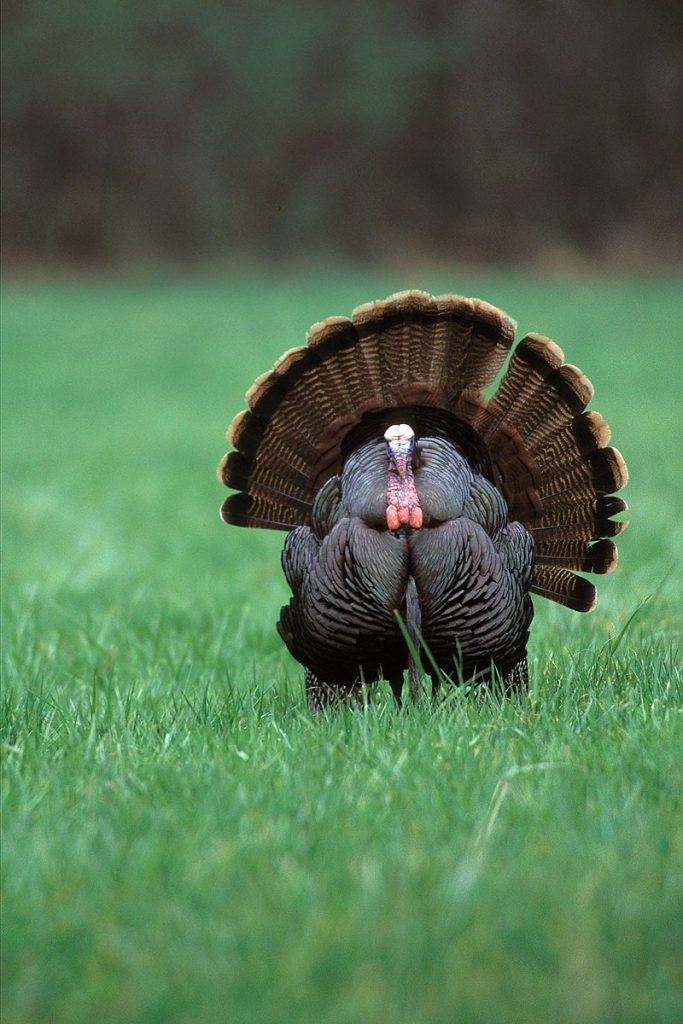
Pros and Cons
Pros
✅ Highly social—can bond with owners.
✅ Great for pest control (eat ticks, beetles, and weeds).
✅ Entertaining personalities—some even “dance” or gobble in response to music.
✅ Low barking, no meowing—quieter than dogs or cats (but males can be loud).
Cons
❌ Need lots of space—not apartment-friendly.
❌ Shorter lifespan (compared to parrots or tortoises).
❌ Prone to health issues—require vigilant care.
❌ Can be messy—large droppings and scratching habits.
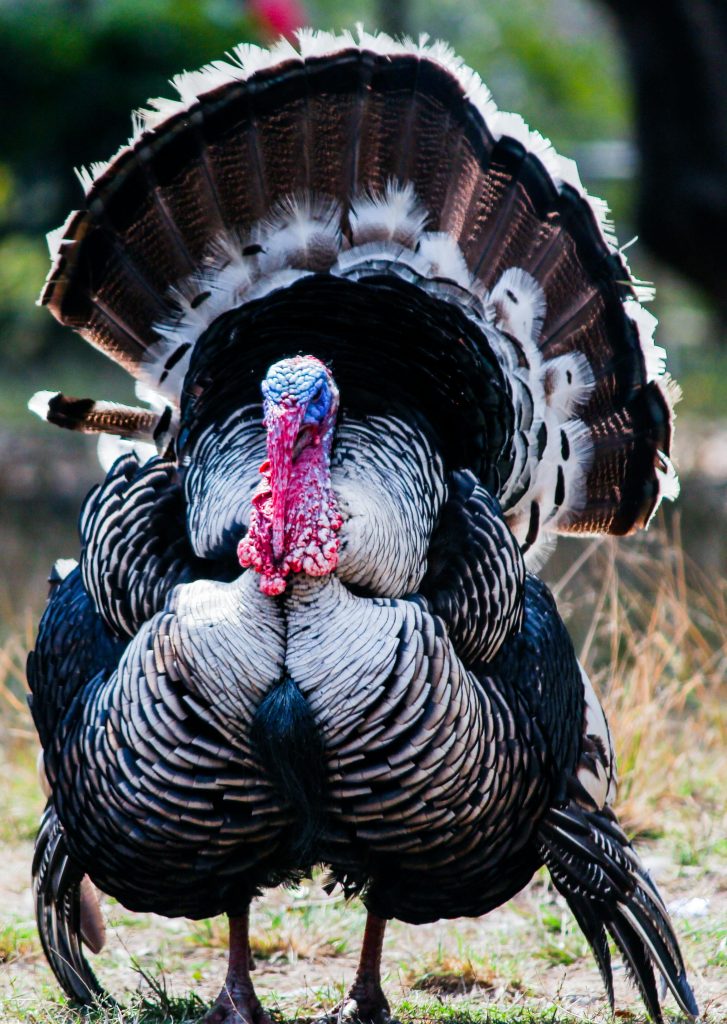
Final Thoughts
Turkeys are rewarding but demanding pets, best suited for those with land, time, and poultry experience. They’re not the right choice for everyone, but for the right owner, they offer companionship, pest control, and a fascinating glimpse into avian intelligence.
If you’re considering a turkey, we recommend starting with poults from a reputable breeder and ensuring you have the proper setup before bringing them home. And remember—thanksgiving jokes are off-limits around them!
Have you kept turkeys as pets? Share your experiences in the comments below! For more poultry guides, check out our articles on chickens, ducks, and quail. 🦃

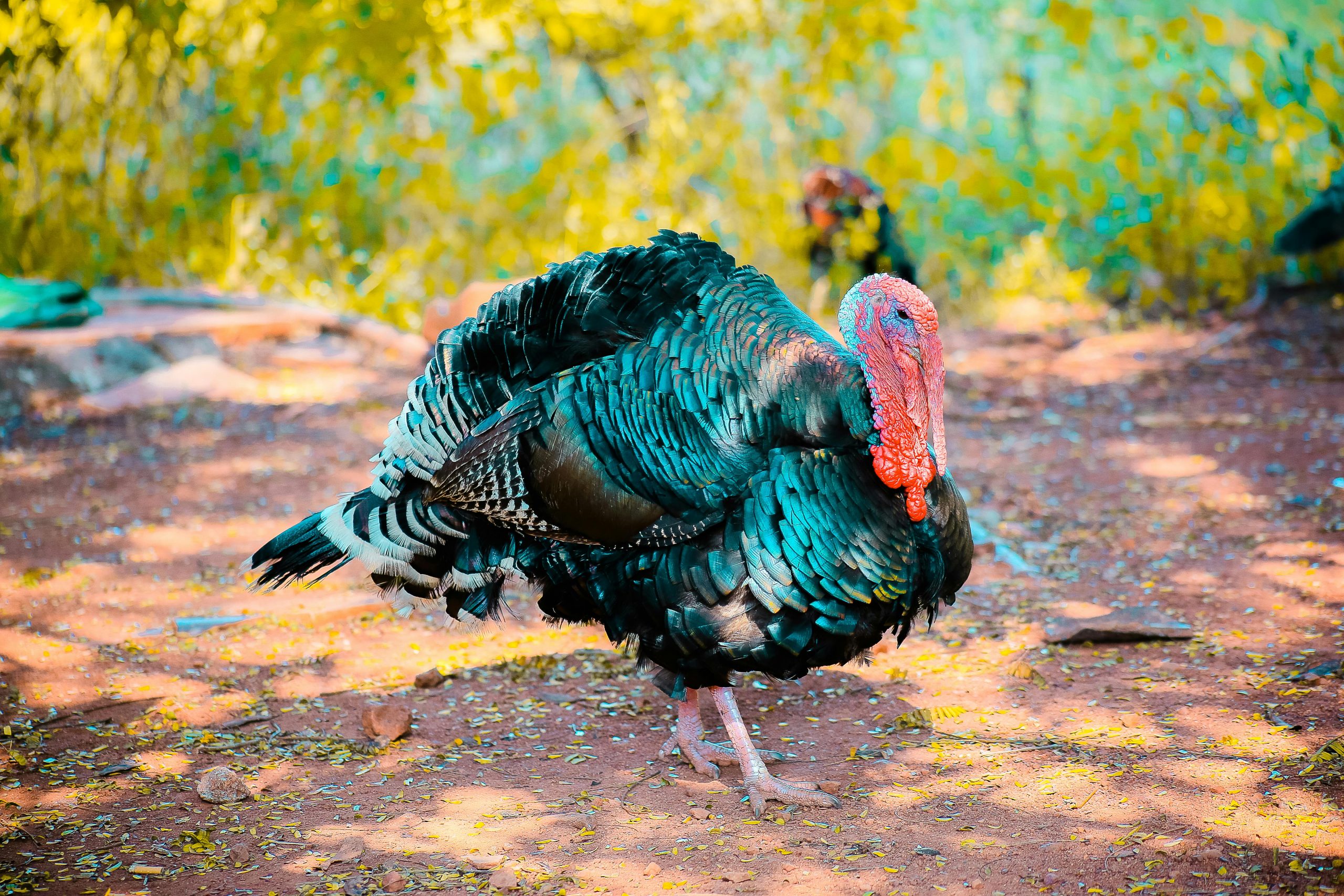

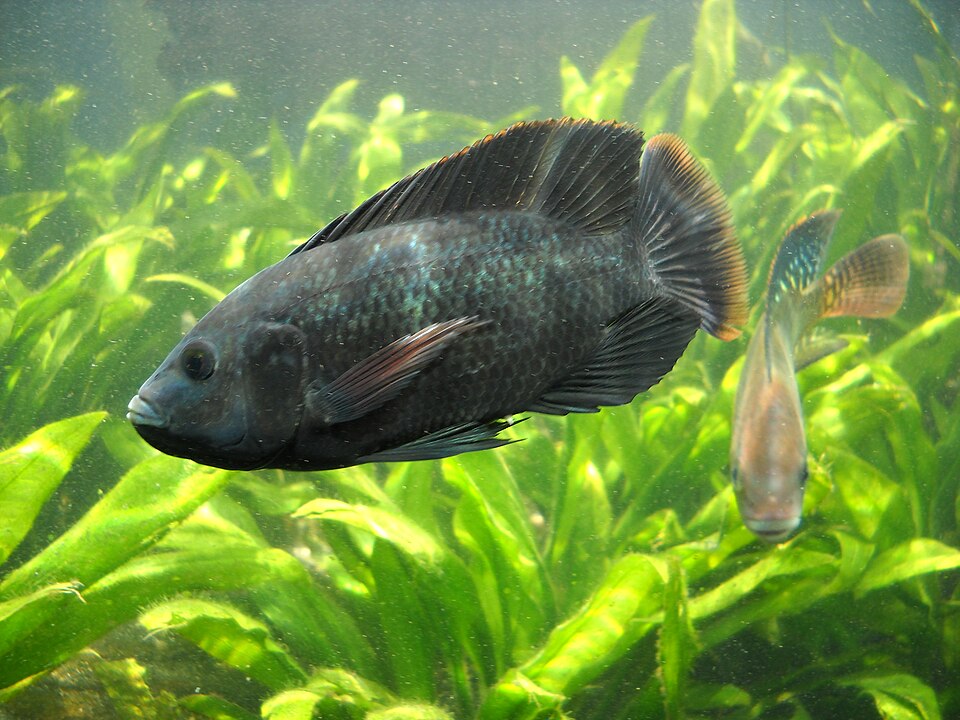
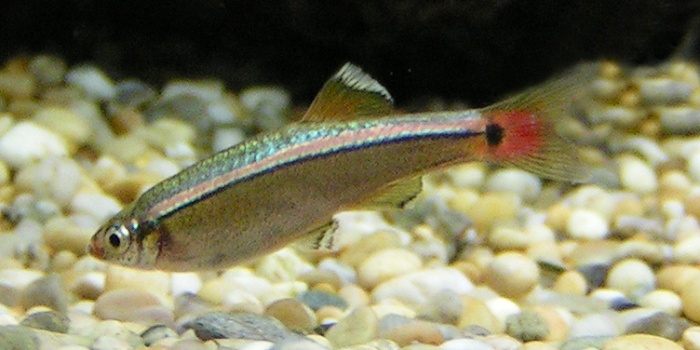
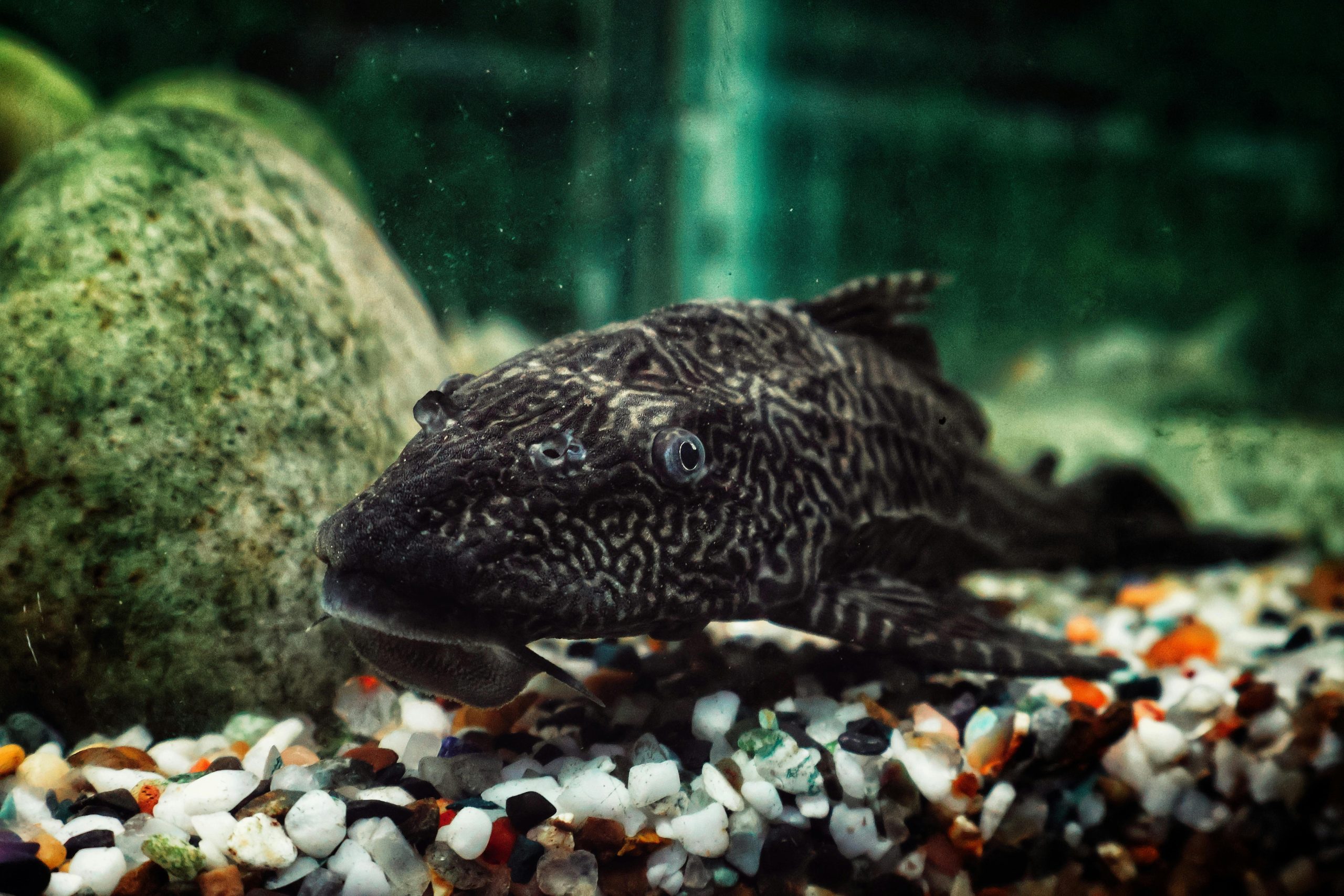
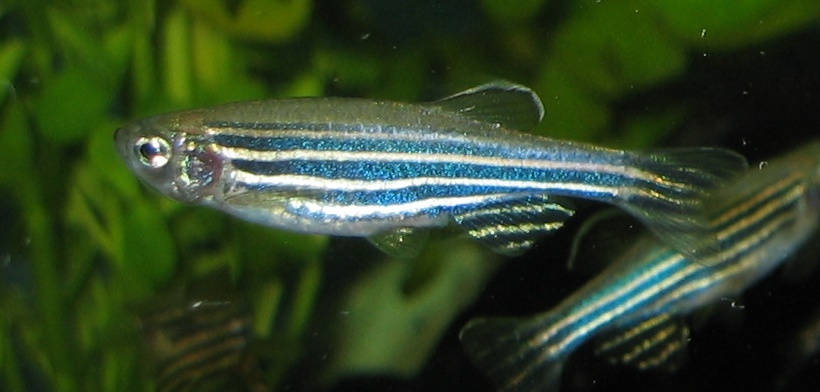
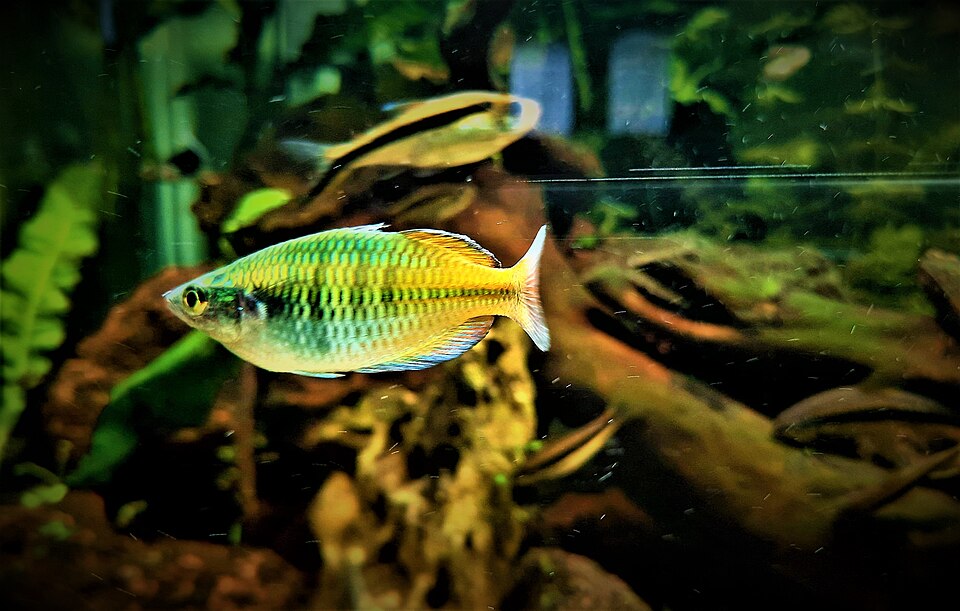
Leave a Reply